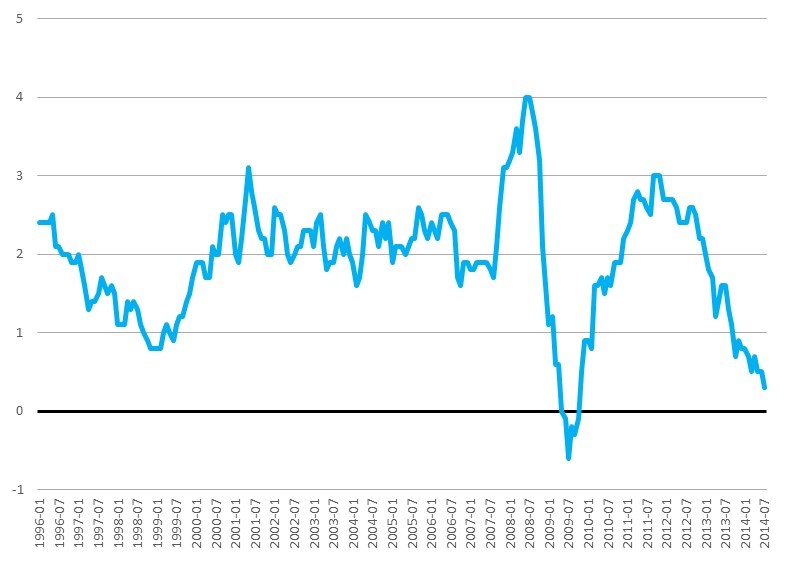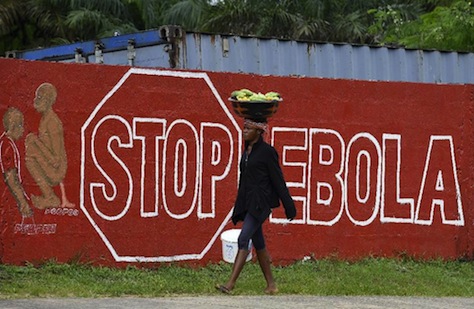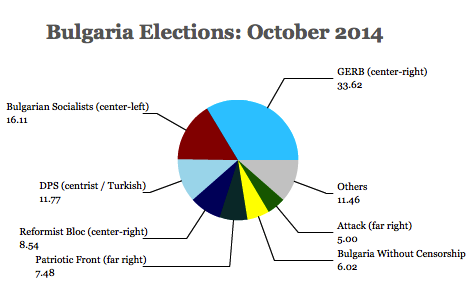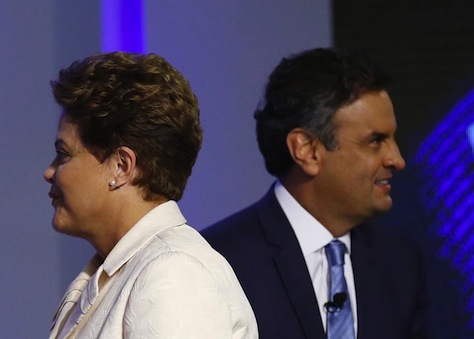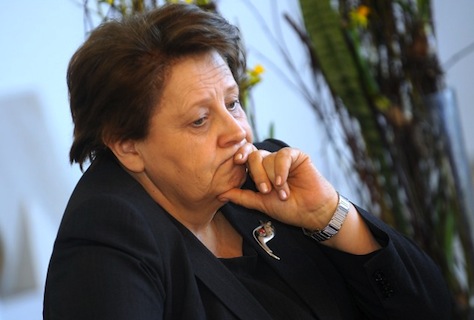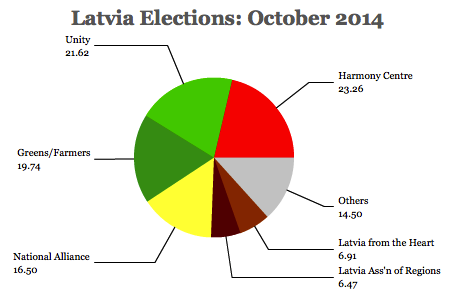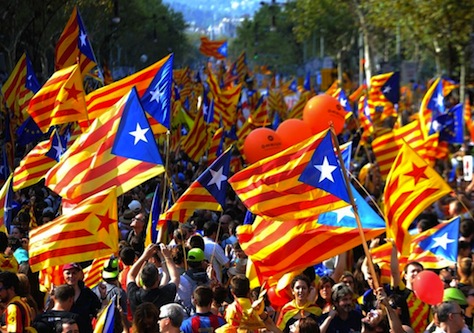 Photo credit to Diario de Navarra.
Photo credit to Diario de Navarra.
If you thought that the Scottish independence referendum was a divisive matter, just wait another three weeks.![]()
![]()
Even though Catalunya’s regional president Artur Mas officially cancelled a scheduled referendum on Catalan independence originally scheduled for November 9, diffusing a constitutional crisis with the national Spanish government, Mas announced that Catalans will instead have the option to participate in a non-binding ‘consultation.’
From referendum to ‘consultation’
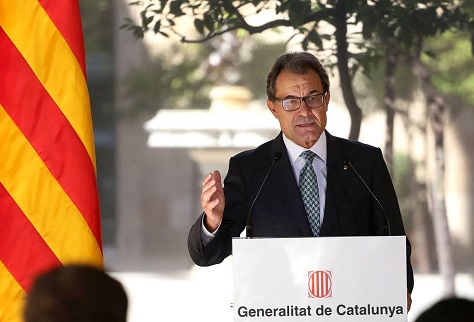
In substance, the informal ‘consultation’ isn’t incredibly different than the formal vote that Mas (pictured above) and the Catalan regional parliament initially scheduled, given that Spanish prime minister Mariano Rajoy denounced the vote and questioned the ability of Mas or a majority of the Catalan parliament to call a referendum legally. Spain’s constitutional court ruled the referendum unconstitutional at the end of September, and Mas originally declared that the vote would go forward.
* * * * *
RELATED: In refusing Catalan vote,
Rajoy risks isolating himself and Spain’s future
RELATED: Can Felipe VI do for federalism what
Juan Carlos did for democracy?
* * * * *
Mas’s admission this week that the vote will be informal and non-binding reduces many of the tensions with Madrid, though the original vote wasn’t entirely binding, either. But his announcement may dampen his credibility with pro-independence Catalans (critics took to Twitter to declare it was ‘game over’ for Mas) and force the third regional election in four years.
Nevertheless, the referendum will still ask Catalan voters the same two questions as before:
Do you want Catalonia to be a state?
If so, do you want Catalonia to be an independent state?
No matter what happened on November 9, no one believed that the issue of Catalan sovereignty would be definitively settled anytime soon. Continue reading Mas cancels official Catalan independence vote
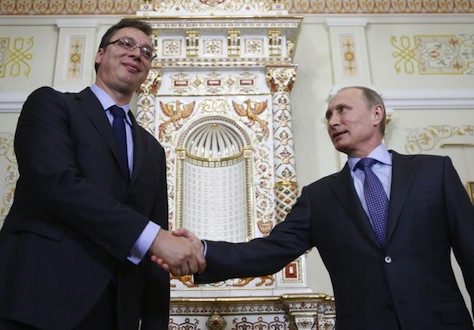
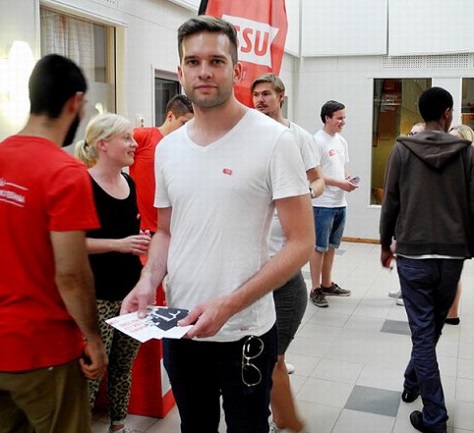

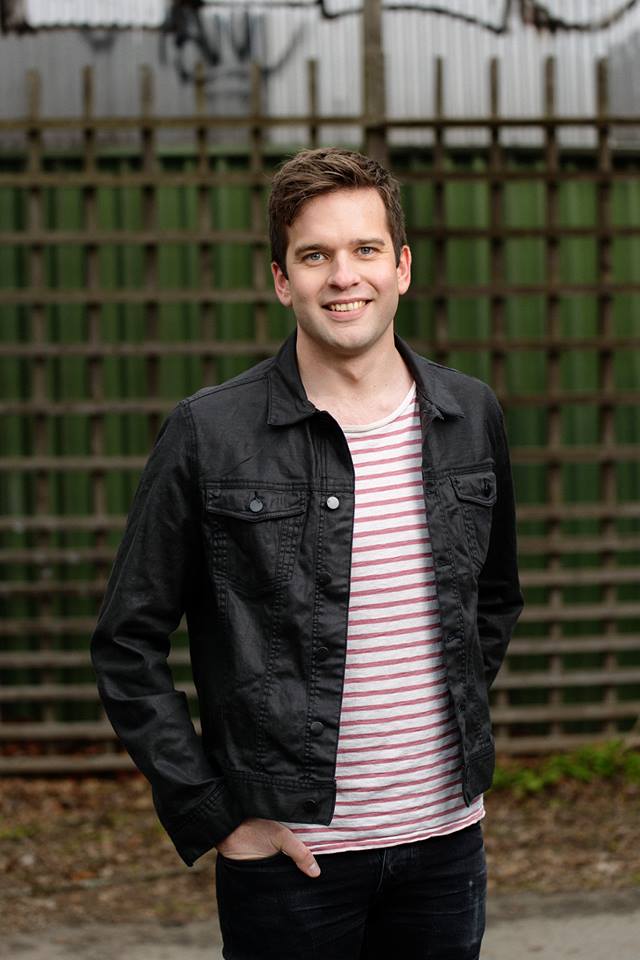

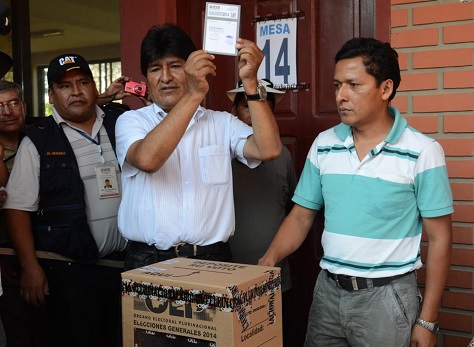

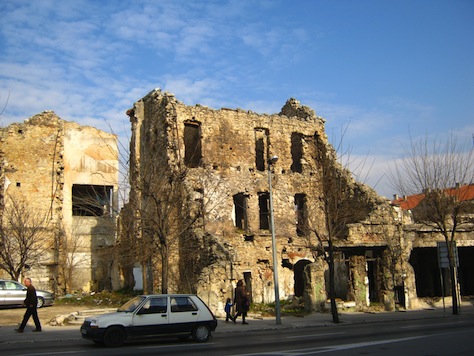
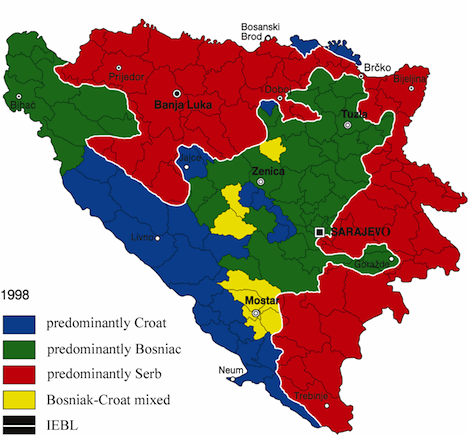
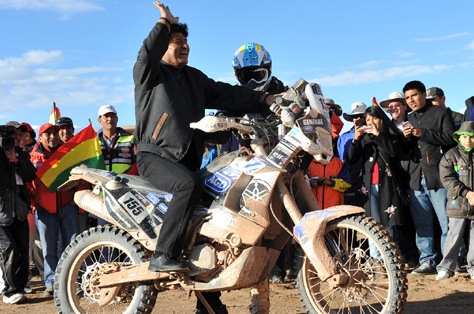
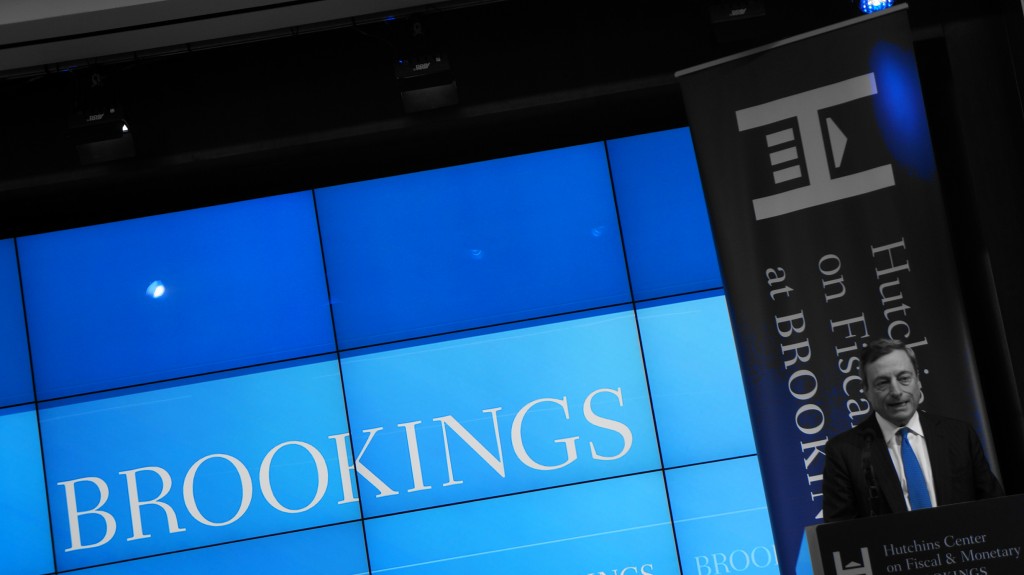
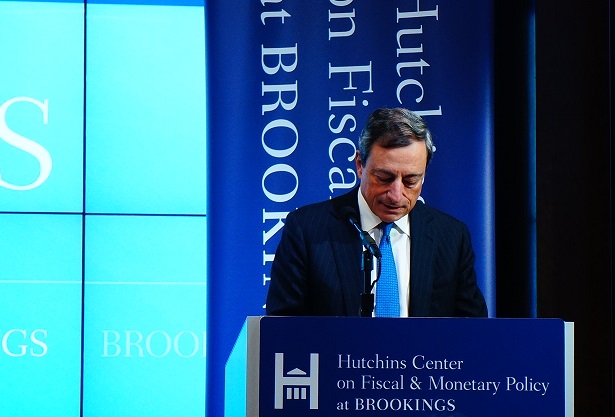 Draghi stressed that he understands the biggest risk to European Union’s economic recovery is deflation. He noted that the ECB is transitioning from a more passive approach to a much
Draghi stressed that he understands the biggest risk to European Union’s economic recovery is deflation. He noted that the ECB is transitioning from a more passive approach to a much 